Post by jimsteel on Nov 30, 2022 13:50:04 GMT -5

John Hadl, a former quarterback in the NFL and AFL, passed away on at the age of 82.
He played professionally for sixteen seasons with the San Diego Chargers, Los Angeles Rams, Green Bay Packers, and Houston Oilers. He also served as a punter for five seasons. He was an AFL All-Star four times and was selected to two Pro Bowls. Hadl played college football at the University of Kansas and was elected to the College Football Hall of Fame in 1994. After playing halfback on both offense and defense at the University of Kansas as a sophomore, Hadl played quarterback for the last two years and was selected as the school's Player of the Century. He was an All-American at halfback in 1960 and at quarterback in 1961.
He joined the American Football League's San Diego Chargers in 1962, having decided to play with them over the Detroit Lions, who picked him in the first round of the NFL Draft, the Chargers had drafted Hadl in the tird round.
Hadl played in each game of his first season, although his use was more often in the second half than the first despite starting ten of fourteen games. His first pass in the AFL was a fifteen-yard touchdown pass to Bobby Jackson near the end of a 30-21 loss to the Denver Broncos. He made his first start with the September 23 game against the Houston Oilers, although he went 1-of-4 for six yards before being taken out for Dick Wood. The Chargers had three quarterbacks during that season, who included Jack Kemp. Hadl had his highs and lows during this time, such as throwing three touchdowns along with three interceptions (the first of three games with three interceptions) on 7-of-14 passes against Oakland in a 42-33 win. He won just one of his nine starts, doing so in a 11-of-24 effort for 161 yards, two touchdowns and one interception game versus Oakland on December 2, 1962.
Although the Chargers won four games that year, they improved to eleven for the 1963 season, owing to the acquisition of 35-year old Tobin Rote as the team's new starting quarterback for the team. While Rote started each game, Hadl did take action on mop-up duty, throwing 28-of-64 for 502 combined yards, six touchdowns and interceptions. In the AFL Championship Game, Rote and Hadl both got to play substantially against the Boston Patriots, as they blew out the Patriots 51-10, with Hadl going 7-of-11 for 132 yards with both a passing and a rushing touchdown. Hadl also made two punts for the Chargers, kicking two of them for 75 yards.
The following year, Hadl started eight of the fourteen games while Rote did the other six. Hadl went 6-2 while throwing for 2,157 yards on eighteen touchdowns and fifteen interceptions with a 53.6 completion percentage, and he was named an AFL All-Star. However, in the AFL Championship Game, it was Rote who started against the Buffalo Bills and old teammate Kemp, now quarterbacking the opponent. After Rote threw a miserable 10-of-26 for 118 yards and a touchdown with a hobbled receiving corps (Lance Alworth and Keith Lincoln each suffered injuries), Hadl was put in, but he went 3-of-10 for 31 yards and an interception as the Chargers lost 20-7. Hadl's punting duties increased, as he punted 62 times for 2,447 yards, with one of the kicks going 71 yards.
In 1965, he was named San Diego's starting quarterback. He led the team that year to a 9-2-3 record while throwing for 2,798 yards (a league high) for twenty touchdowns and 21 interceptions and a 50.0 completion percentage, all good for a second straight AFL-All-Star appearance. Hadl made his third and final appearance in the AFL Championship Game that year. In his only start in such a game, facing the Bills once again, Hadl threw for 11-of-23 for 140 yards and two interceptions as the Chargers got trounced 23-0. Hadl made punts for the second and last regular time, punting 38 times for 1,544 yards. Hadl would punt just three times for a hundred yards over the course of two separate seasons.
The following year, he started twelve of fourteen games (Steve Tensi started the other two). Hadl went 7-4-1 while throwing for 2,846 yards for 23 touchdowns and fourteen interceptions for a 53.3 completion percentage, although the Chargers' third-ranked offense was not enough for a playoff spot for the first time in four years. Hadl began a streak during the fifth game of the season. On October 8, he threw a touchdown pass against the New York Jets. For the rest of the season, Hadl would throw for at least one touchdown pass, and the streak would continue into the next season - his nineteen game streak (October 8, 1966 - November 19, 1967) with at least one touchdown pass would be the longest streak by a quarterback in the American Football League. Hadl played in each game of the 1967 season, going 8-5-1 for 3,365 yards with 24 touchdowns and 22 interceptions while having a 50.8 completion percentage, and he led the league in yards gained per pass completion with 15.5 yards. He improved further in 1968, leading the league in completions, attempts, yards (3,473), touchdowns (27), and interceptions (32, which was a career high) while having a 47.3 completion percentage and an All-Star selection. Despite going 9-5, it was only good enough for third place in the Western Division. In the final season of the AFL in 1969, the Chargers were a team in turmoil. Famed coach (and future member of the Pro Football Hall of Fame) Sid Gillman resigned due to health problems after going 4-5. Hadl would play in ten games while Marty Domres started four games, and Hadl won five of his starts. He passed for 2,253 yards with ten touchdowns and eleven interceptions for a 48.8 completion percentage, and Hadl was named an AFL All-Star once again. In the AFL All-Star Game, he was named Most Valuable Player.
The Chargers had their fortunes dwindle in the prevailing years after the AFL-NFL merger, as the Chargers did not have another winning season until 1978. Hadl quarterbacked the team for the first three of those seasons. In 1970, he went 4-5-3 while passing for 2,388 yards with 22 touchdowns and fifteen interceptions for a 49.5 completion percentage. He had prime numbers the following year as he led the league in completions, attempts, yards (3,075), touchdowns (21) and yards per game (219.6) while throwing for 25 interceptions and a 54.1 completion percentage with a 6-8 record. Hadl became the second quarterback in history to lead two different leagues in passing yards (the first was Otto Graham), and it was the third time in six years (1965, 1968) that he had led in passing.
In his final year with the Chargers in 1972, he went 4-9-1, passing for 2,449 yards with fifteen touchdowns and 26 interceptions (a league high) while having a 51.4 completion percentage and a Pro Bowl selection.
Before the 1973 season, Hadl was traded to the Los Angeles Rams for defensive end Coy Bacon and running back Bob Thomas. In his only primary season with the Rams, he had his first winning season since 1968 and first playoff appearance since 1965 as he led them to a 12-2 record, passing for 2,008 yards with 22 touchdowns and eleven interceptions while having a 52.3 completion percentage. He was named the National Football Conference Player of the Year and to the Pro Bowl that season. In the playoffs that year, he faced the Dallas Cowboys at Texas Stadium, as the NFL playoffs at the time only included eight teams with rotated hosting duties. He went 7-of-23 for 133 yards with an interception as they lost 27-16 in a late fourth quarter rally in which the Rams were down by one point with ten minutes to go before the defense collapsed.
The following year was a turning point for the two franchises. Hadl started the first five games for the Rams, for which they went 3-2 before he was replaced by James Harris. The 34-year-old Hadl was traded to the Green Bay Packers for five draft picks—first and second round picks for 1975 and 1976, as well as a third round pick in 1975. Reportedly, head coach and general manager Dan Devine felt that an experienced quarterback was the only thing standing between the Packers and only their second playoff appearance since 1967, and it came about after an attempted trade for Archie Manning and the New Orleans Saints fell through. The trade turned out to be an unmitigated disaster; it is reckoned as one of the worst (if not the worst) trades for a starting quarterback in NFL history, at least in terms of relevance. Packers coach Devine had led them to a combined record of 19-19-4 in his first three seasons, which included a playoff loss in 1972. The Packers would go 6-8 for the 1974 season before Devine left for Notre Dame, which left the door open for Bart Starr to take over as coach. While he would lead them to one playoff win as a coach, he had just three of nine seasons with eight wins.
At the same time, the Rams used the picks acquired in the trade to acquire many of the players that allowed them to dominate the NFC West for the rest of the 1970s and lead them to an appearance in Super Bowl XIV. In later years, when asked for his thoughts on the infamous deal, Hadl himself expressed the surprise he felt, in 1974, at being sent to Green Bay: "I really didn't believe it... I didn't think anyone would be that desperate."
Meanwhile, with a combined record of 6-5 on both teams, Hadl threw for 1,752 yards with eight touchdowns, fourteen interceptions and a 47.5 completion percentage. 1975 was his first and only full season with the Packers, and with a miserable front line, he threw for six touchdowns and 21 interceptions for 2,095 yards and a 54.1 completion percentage while being sacked 35 times in a 4-9 season. He then moved to Houston for the next season, mostly in mop up duty for Dan Pastorini. He started six games combined in two seasons and won just once while throwing seven total touchdowns to eleven interceptions for 710 yards.
Despite his tenure with Green Bay, Hadl finished with a starting record of 82–76–9 in his professional career. At the time of his retirement, Hadl was sixth all-time in wins at the quarterback position with 82. With the exception of Roman Gabriel, each of those quarterbacks is in the Pro Football Hall of Fame. Hadl ranks 40th in all-time wins, although he has more wins than the Hall of Famers that played in his era such as Sonny Jurgensen, Joe Namath, and George Blanda.
He holds the NFL record for the most tied games (nine) with a starting quarterback. Hadl wore #21 for nearly his entire NFL career, aside from his first season with Green Bay when he briefly wore #12; his number 21 is now retired by the Chargers in honor of LaDainian Tomlinson. He was the last regular starting quarterback to wear a uniform number greater than #19 before the NFL adopted a rigid uniform numbering system in 1973. Hadl was still in the top ten of most touchdowns thrown by a quarterback as late as 1999 (over twenty years after retirement), with him and two others in that list not being members of the Hall of Fame (Dave Krieg and Boomer Esiason being the others), as his former peak of fifth has receded to 26 with the advent of increased passing in subsequent years.








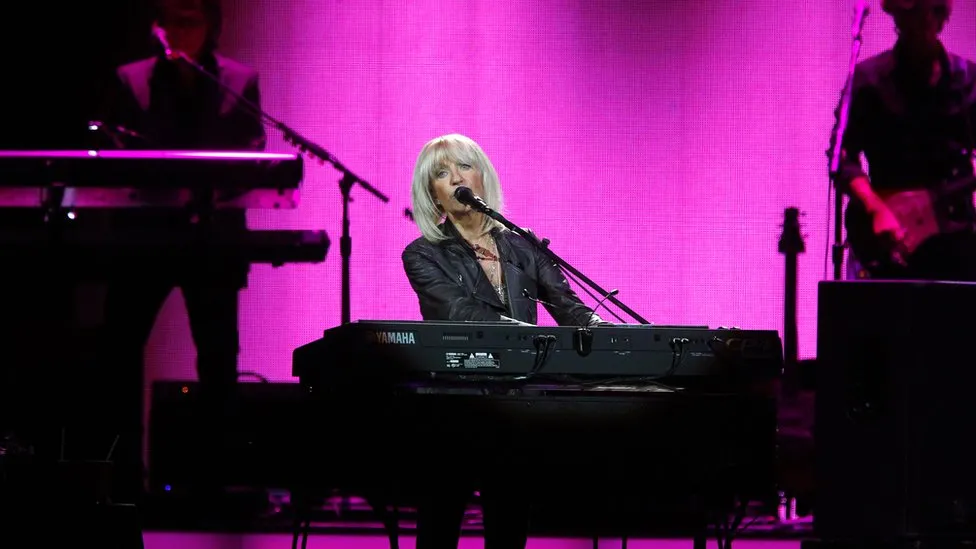
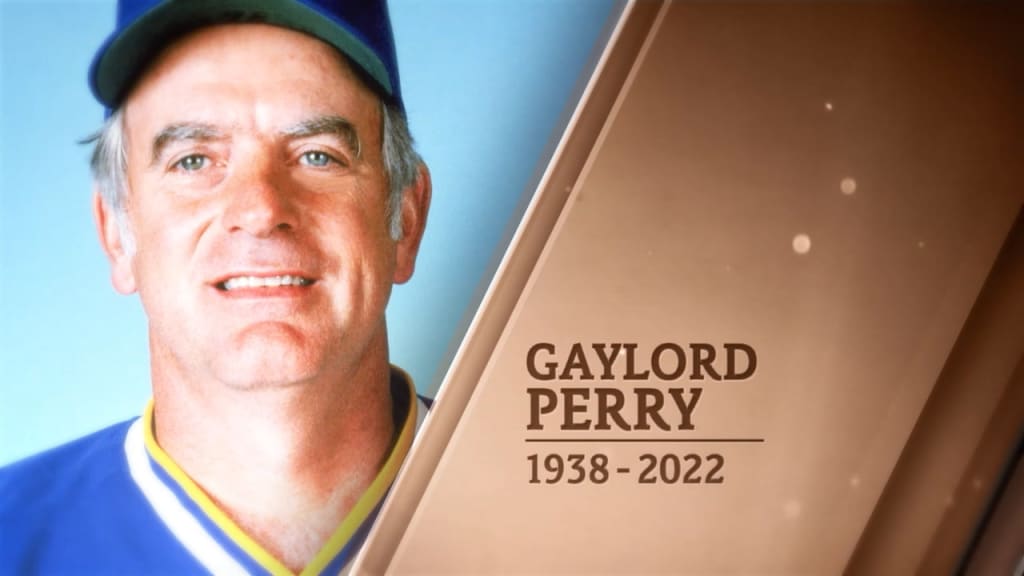
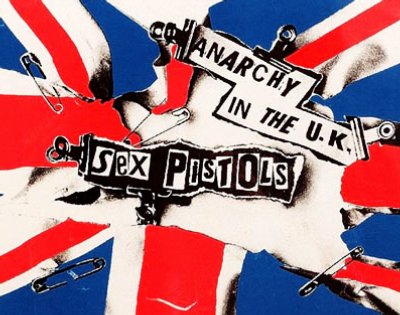
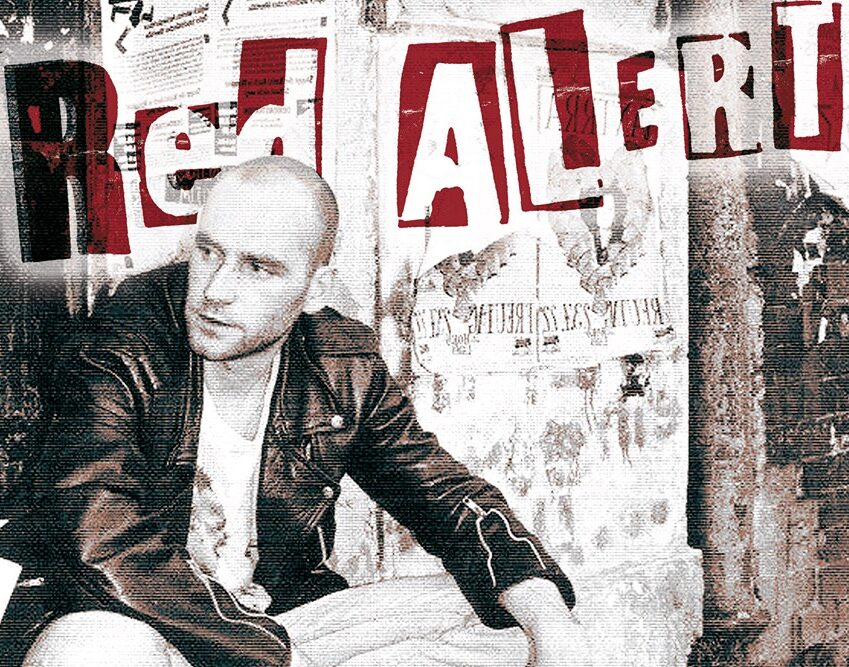

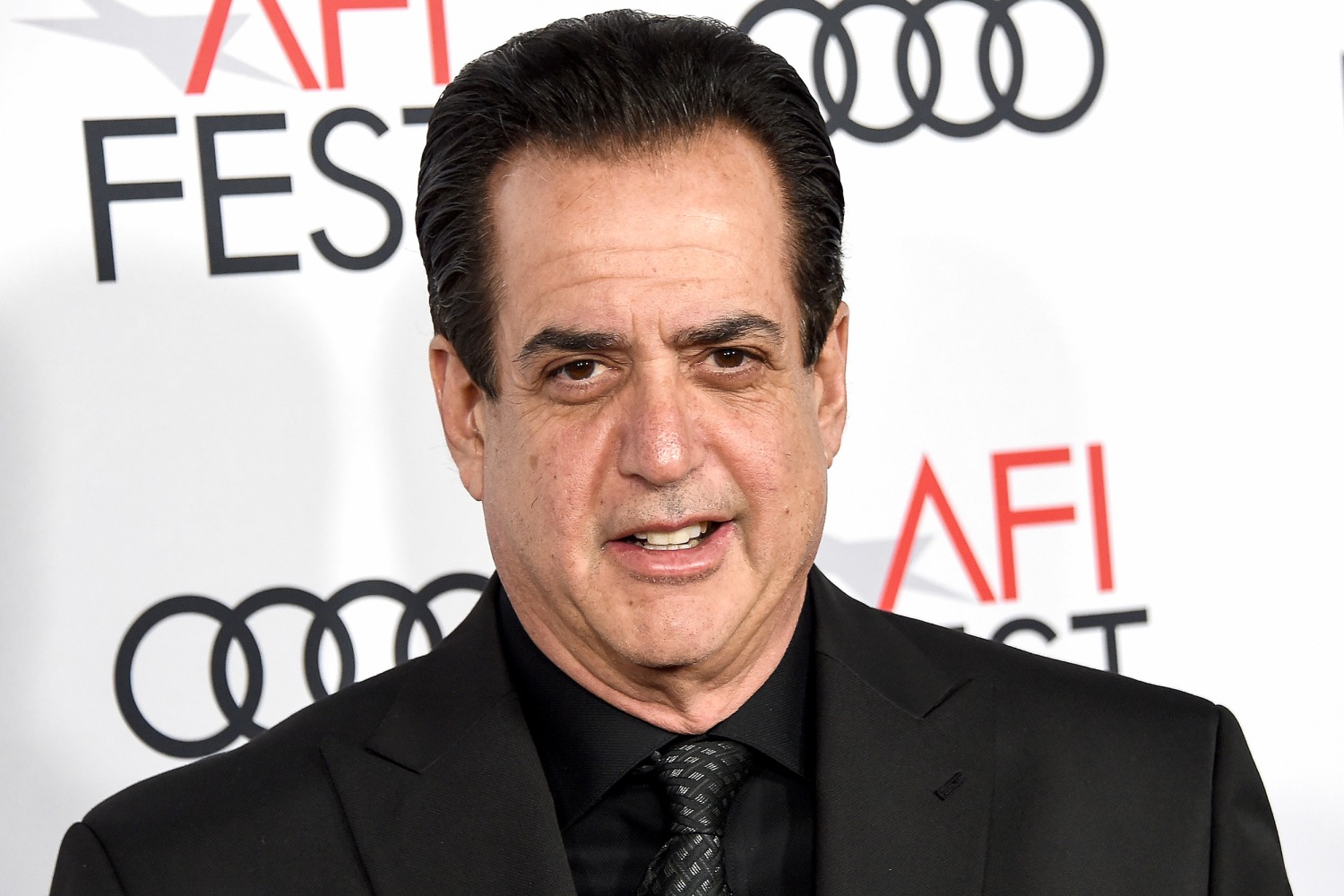

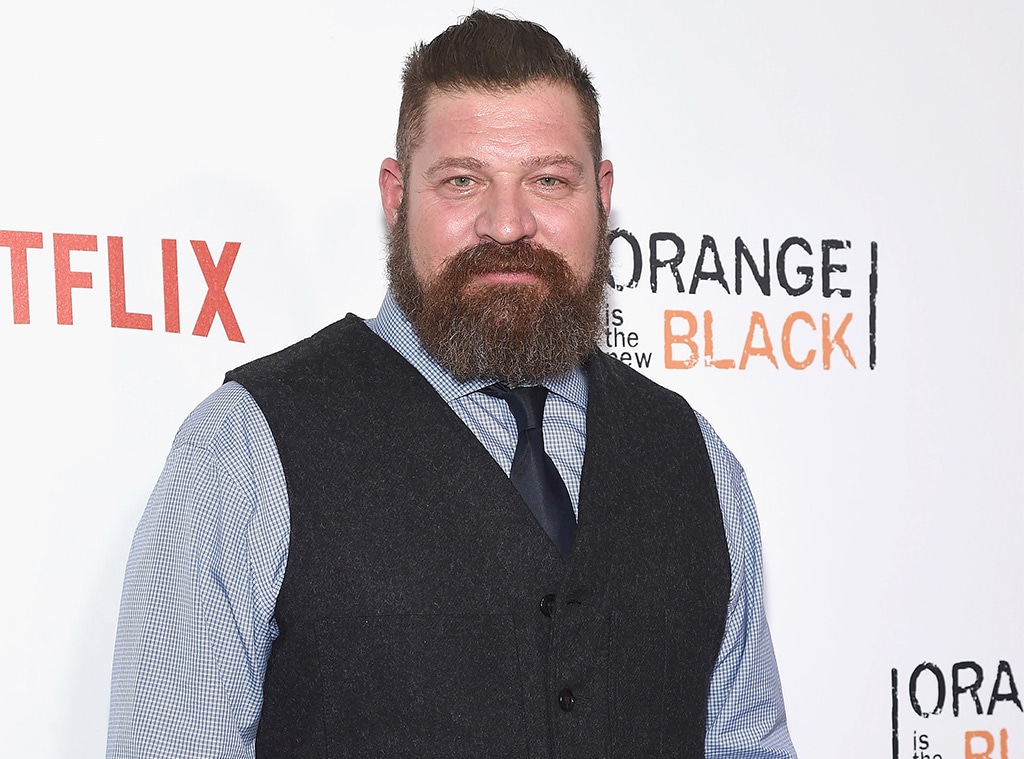
:max_bytes(150000):strip_icc():focal(749x0:751x2)/david-robinson-dies-at-5020221201_17-8c79381bc1724967b2835b070e8b9758.jpg)
 t
t